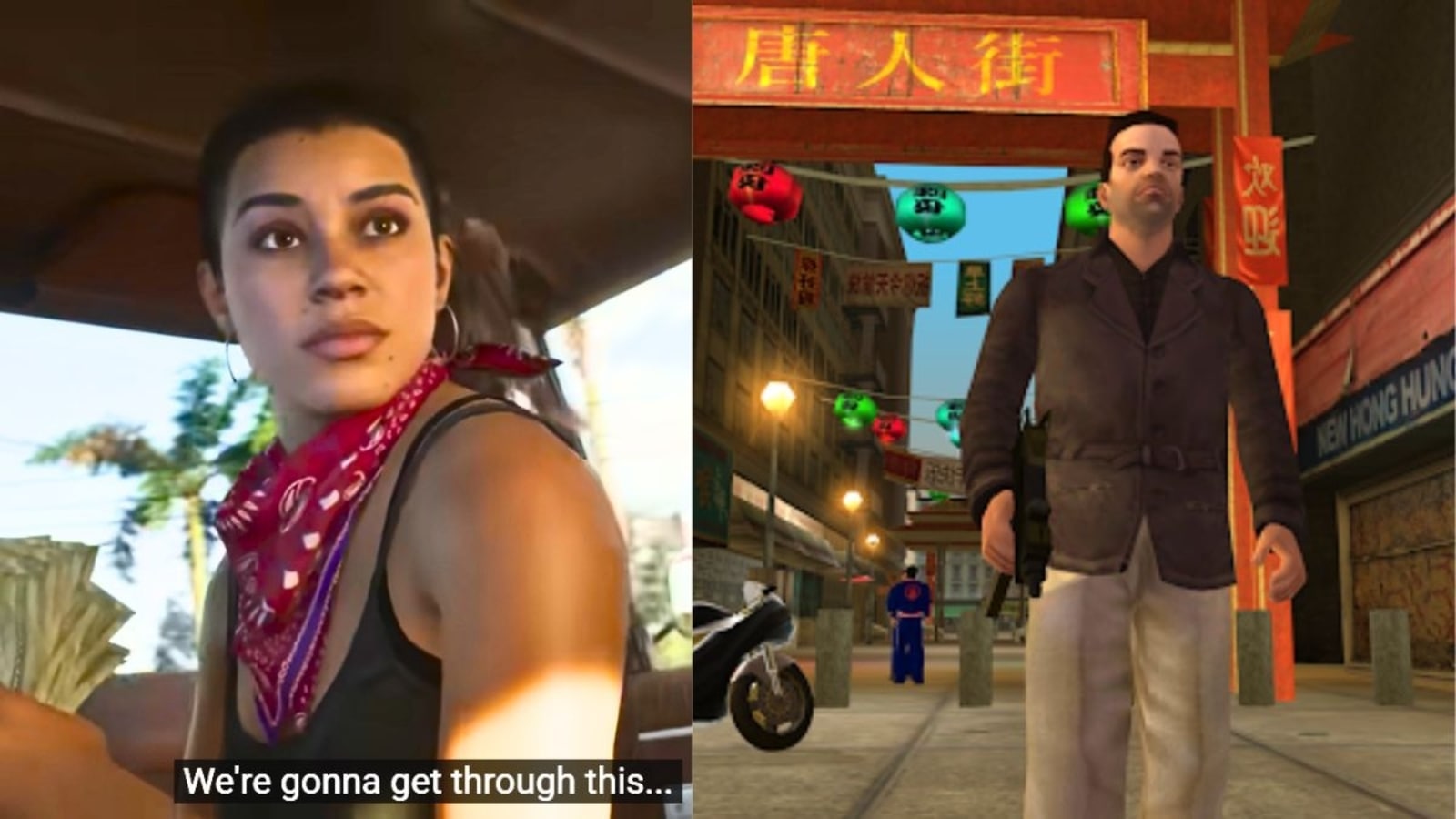He loved to play basketball with his friends. He dreamed of studying business administration to help his family’s stores. He enjoyed taking care of his younger siblings and was “very polite, very respectful, very intelligent,” according to his mosque’s president. Then, suddenly, a bullet to his head ended everything.
A Palestinian-American teenager was killed by a barrage of gunfire in the occupied West Bank on Friday. The U.S. State Department confirmed the killing without naming the victim, but the teenager’s family identified him as Tawfic Abdel Jabbar, 17. The Israeli police said on Saturday that they were investigating the killing.
Tawfic was born to Palestinian parents and was raised in the suburbs of New Orleans. His grandfather had come to America “looking for the American dream,” said Sherean Murad, the assistant principal at the Muslim Academy in Gretna, who taught Tawfic civics when he was in the 11th grade.
Tawfic and his family had moved to the West Bank temporarily in May to connect with relatives — he hoped to improve his Arabic while he was there and planned to return to the United States for college.
News of his death left friends and relatives in Louisiana in disbelief.
“We are livid as a community, because it’s so senseless,” Ms. Murad said.
Tawfic’s second cousin, Mohammad Abdelwahhab, a medical assistant in New Orleans, was still trying to process the news on Saturday.
“It was a shock,” said Mr. Abdelwahhab, 21. He added, “This is a shock to the whole family, the community and anyone else with a heart that knows him.”
“He’s so young,” Mr. Abdelwahhab said, adding, “He was just about to celebrate his graduation and finish and he was going to go on with his goals.”
On Saturday, large crowds of friends and relatives gathered to mourn. During the day, an open house was held at Tawfic’s uncle’s home, where children and women shared memories of the teenager over strong cups of coffee, dates and plates of yellow rice and lamb. In the backyard, men young and old gathered to eat and celebrate Tawfic’s life.
Tawfik Abdeljabar, 23, a close cousin with the same name but a different spelling, said that he and Tawfic had felt like twins. “We would joke about who got the better name. I would say K was better, and he would say C,” Mr. Abdeljabar said.
Another cousin, Zarifa Abdeljabar, 22, recalled memories of the two of them in the West Bank, specifically when they went on drives for iced coffees and enjoyed the peace of the mountains.
Because Tawfic was killed in a religious conflict, he is considered a martyr, Ms. Abdeljabar said. “A warrior of God,” she called him.
In the evening, a vigil was held for the men of Masjid Omar, the mosque in Harvey, La., that Tawfic had attended. Hundreds were there, with many wearing the Palestinian kaffiyeh scarf.
In an interview with The New York Times, Nabil Abukhader, the president of Masjid Omar, urged the Biden administration to do more to “fight for our rights as Americans.”
“It’s important we protect our children from this killing cycle,” he said.
Some family members missed the Saturday gatherings, including two of Tawfic’s uncles and his older brother, who flew out to the West Bank as soon as they heard the news.
One of his cousins was in deep mourning when she went into labor on Friday and gave birth to a baby boy.
She named him Tawfic, with a C.
Gaya Gupta, Roni Caryn Rabin, Rami Nazzal and Anushka Patil contributed reporting.

























